The Saudi Pro League also known as Roshn Saudi League (RSL) was founded in 1976, but it was few months ago the league became a force in the global football space.
The Saudi Arabia Vision 2030 is planned to diversify their economy away from fossil fuels and to host 25 world championship across a number of sports including the World Cup.
The original ambition of co-hosting the World Cup with Egypt and Greece has now been effectively abandoned, Persecondnews gathered.
Officials and ministers from the Gulf Kingdom have already communicated with prominent figures in European football to secure support from the continent as a prelude to making an official offer to organize the 25th edition of the FIFA World Cup finals.
The Kingdom is also working towards becoming the top 10 football league in the world by 2030.
The Saudi Pro League dominated the headlines during the last transfer window, spending over £700m on some of the world’s best players, ranking second in the world for national spending behind England’s Premier League.
This was made possible due to the country’s new sports privatization project aiming to increase the market value of the Saudi Pro League from its current $800 million to 2.1 billion by 2030.
Saudi Arabia’s Public Investment Fund established in 1971, stepped in and took ownership and control of four soccer clubs in the Saudi Pro League—Al-Ittihad, Al-Nassr, Al-Hilal, and Al-Ahli—as part of the Kingdom’s newly announced Sports Clubs Investment and Privatization Project.
The clubs are being restructured as private companies that will each be 75% owned by the PIF. Each club’s nonprofit foundation will hold the remaining 25% ownership stake.
The league has grown in stature since Cristiano Ronaldo $75 million-per-year contract with Al Nassr FC, the lure of lucrative contract has enticed Europe elite players to ditch European football.
Former Chelsea chief Michael Emenalo, who is spearheading the transformation in the league disclosed that the Saudi football vision “It’s not flash in the pan” but a continuous football developmental process.
Which will also focus on growing “infrastructure, development, academies” to help the quality of the league and “hopefully enhances the sport globally and the business of football worldwide.”
Emenalo said: “It’s not flash in the pan regarding continuous development because football never stops. As far as acquisition is concerned, I don’t anticipate there will continue to be flurry of activity.
“The reason being that we have 18 clubs, and they have an allocation of eight foreign players they can bring in – and a lot of them have filled their allocations, and signed two to four-year contracts, so there will be some stability and I don’t know if there will be a flurry.
“It’s time for us to turn our attention to other parts of growing the league – infrastructure, development, academies, regional school players and the rest of that.”












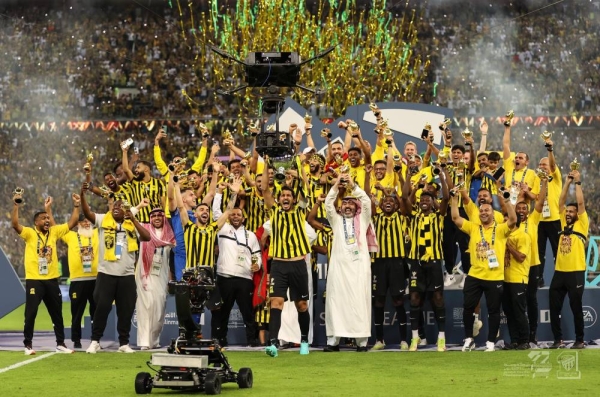







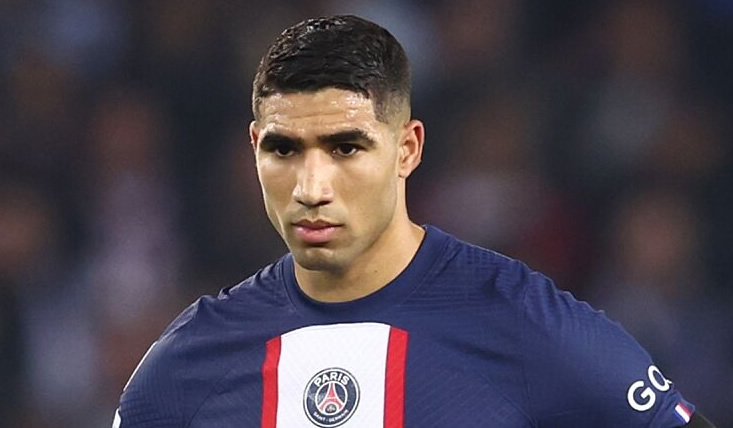
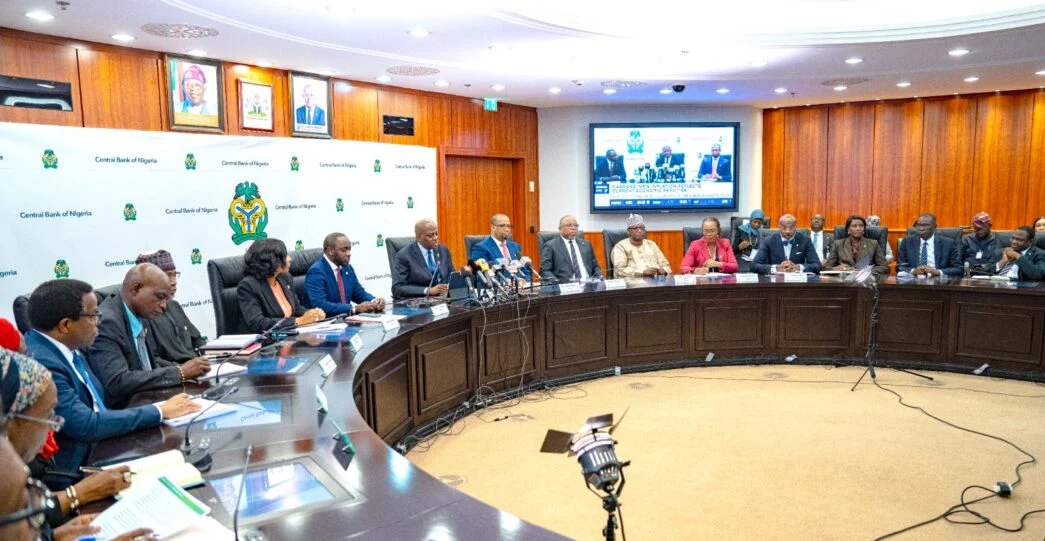
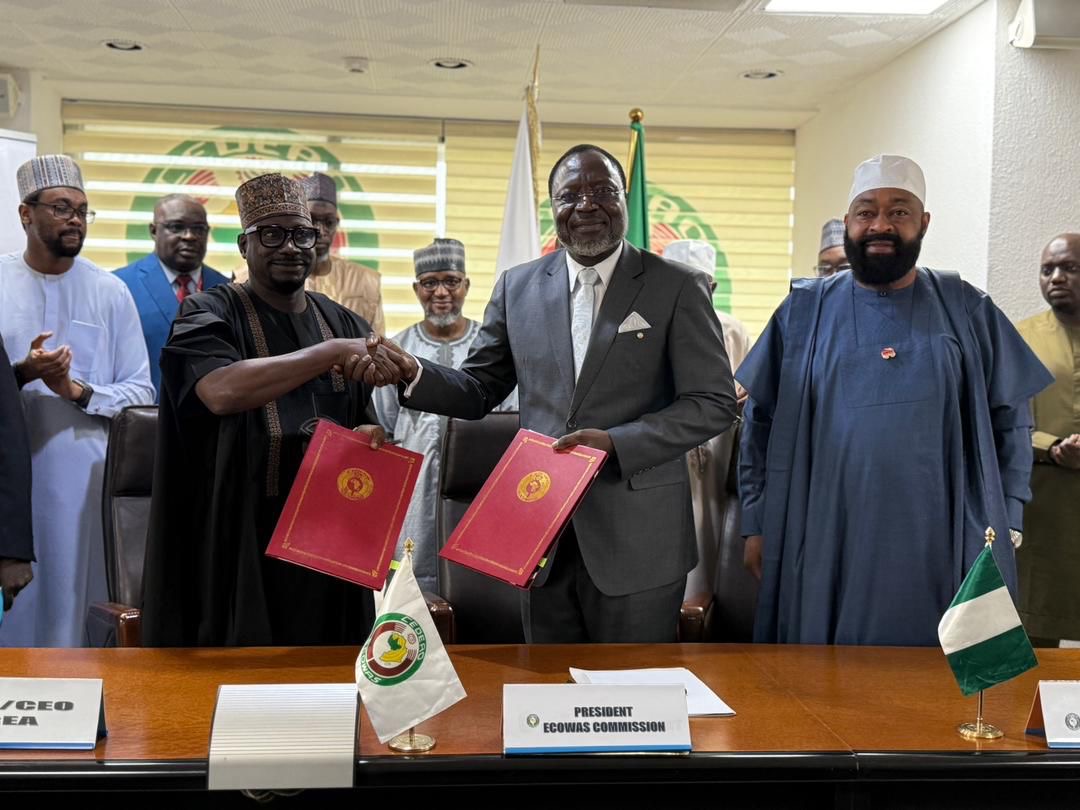
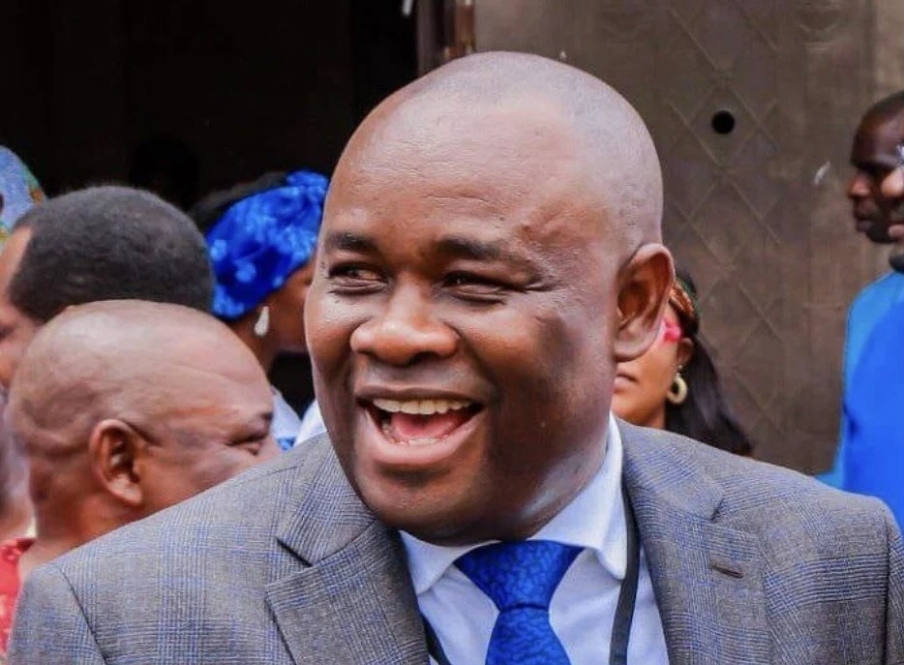
Leave a comment